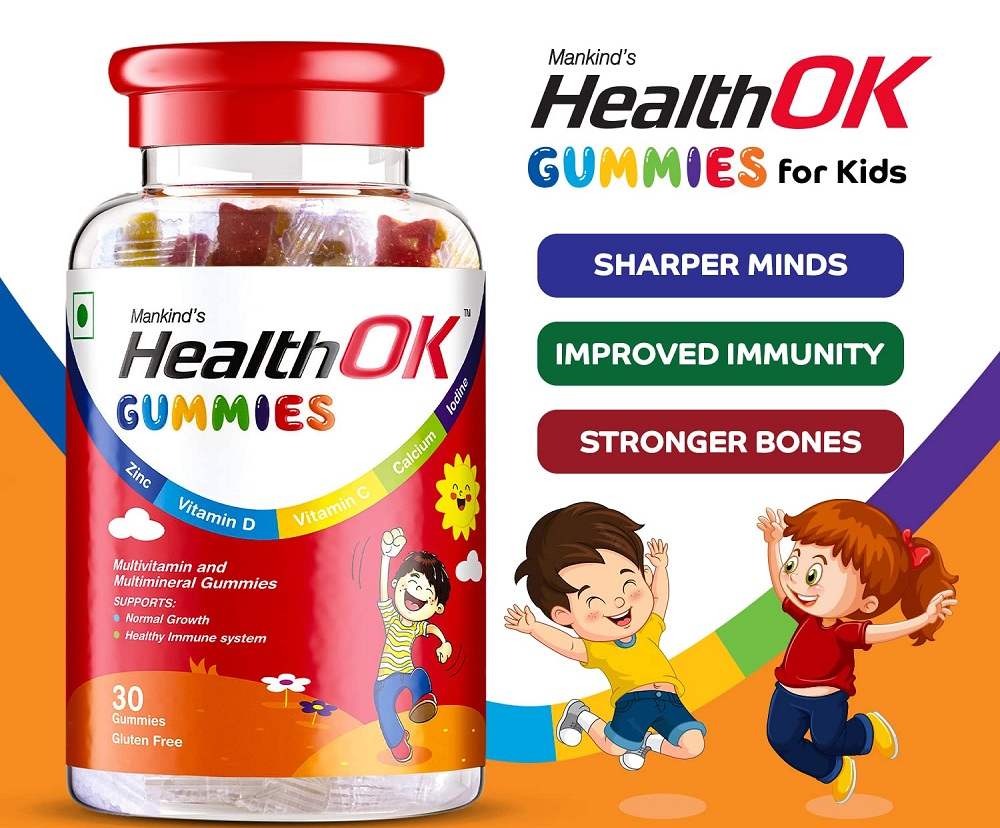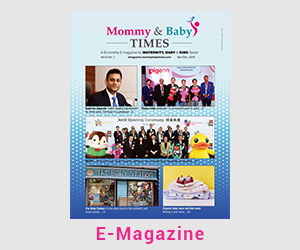Started in 2014, R for Rabbit offers a comprehensive range of innovative, and safe baby products to the Indian parents. Mommy & Baby Times had a brief interview with Mr. Kunal Popat, Founder of R for Rabbit, as he delves in about what could be the guideposts or the way forward to manage the business efficiently in the post-COVID situation and how the businesses in the maternity, kids and baby care sector can support themselves amidst these tough times.
May 18, 2020

It’s been a few months now since the COVID-19 pandemic has affected the whole world, resulting in a series of lifestyle changes and a nationwide lockdown. Working remotely and making social distancing a way of living, to wearing masks and bracing up for the various challenges, the pandemic has brought in the world several unprecedented complications and has made the businesses across various sectors hit the slow lane. The supply-side disruption in each and every industry in production and distribution, as well as changing customer preferences, is going to impact the demands and trends in the market in the coming times.
MBT: As the pandemic has affected the whole world, there will be sharp shifts in the business models across all the sectors. What do you think should be the ways in which R for Rabbit will adapt in the changed conditions and what do you expect in the coming months?
Kunal Popat: Since the Pandemic has affected global economy, we believe that there will be a number of changes in the buying patterns of customers. People will reduce spending on discretionary or high tickets items like cars and other luxury products, holidays etc. So, as for upper middle class families, there might be an increase in disposable income. So, with regard to our consumer base, we will shift the focus to this target market.
As people would likely to continue maintaining the social distancing, so, they will try to purchase online as much as possible. Thus, for the next few months, we will focus more on our online business with easing the method of the purchasing with the provision of interest free EMI, 15 days return, Post Purchase Customer service etc.
In the coming times, people will limit their outing and parents will spend more time with their kids. So, we expect that there will be a sharp increase in the sales of some categories to keep children active like Toys and Games, Ride Ons etc.
MBT: How do you think the kids and baby care industry (and the startups) can respond, collaborate and gauge readiness to survive in view of the current pandemic and the implications it will have in the market?
KP: We feel that with current pandemic kids and baby care industry won’t be affected much. As things gets normal, the buying pattern for consumers for the kids and baby care products will stay intact. There might be a shift in price points for consumers.
The current pandemic of COVID-19 has also taught everyone the paramount importance of hygiene and safety. These were some key aspects which weren’t paid much attention to by Indian consumers, however, it will be given the due attention and consideration. So, the consumers will go for safe and quality products for their little ones and themselves.
We feel that it is the right time that every company should focus on staying lean, i.e. assessing the core offerings and making a structured business model while cutting out unnecessary costs. We are planning to optimize all our OPEX (Operating Expense) and focus more on bottom line rather than top line growth because only if we are healthy then only we can battle more such future shocks. But if a company is not strong financially, then it may face critical situation when such unprecedented situation emerges which hits the business severely. We will now be keener to monitor and the ROI on each of our marketing expenditure.
Technological up gradation, remote working, building systems and proper support to handle such Work from Home environment will be focused and upgraded across various industries as this is likely to become a new norm for a long time causing large-scale shifts in the way workforce deliver their services.








